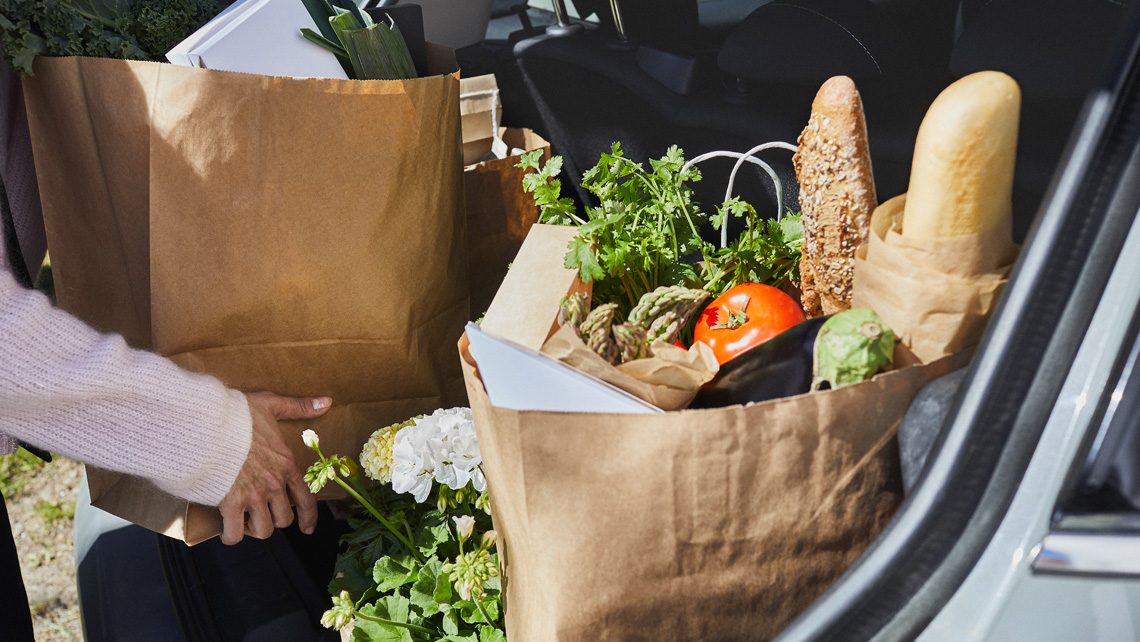Fiber-based materials, like paper and paperboard, form the core of renewable and recyclable food packaging. Kemira’s chemistry expertise enables this alternative to plastic by giving food packaging board the required stiffness, strength, formability, hydrophobicity, and printability, as well as ensuring it is hygienic and safe to use. Enabling longer shelf life with appropriate packaging also helps in minimizing food waste.
Fiber-based packaging is easy to recycle, because recycling systems are already in place and functioning well across Europe. Promoting the use of fiber-based food packaging supports the transition to a circular economy and the sustainable use of natural resources. However, further harmonization of food contact material legislation is needed to support innovation and reap the full benefits of fiber-based packaging.
In the position paper we are proposing four actions for sustainable food packaging:
- Harmonization of national legislations is needed to remove barriers to trade and enhance safety.
- The Mutual Recognition Principle needs to be more consistently applied throughout the value chain.
- Exchange of information between national officials must be promoted.
- The US Food and Drug Administration (FDA) model for handling risk-assessment petitions should be implemented in the EU.

